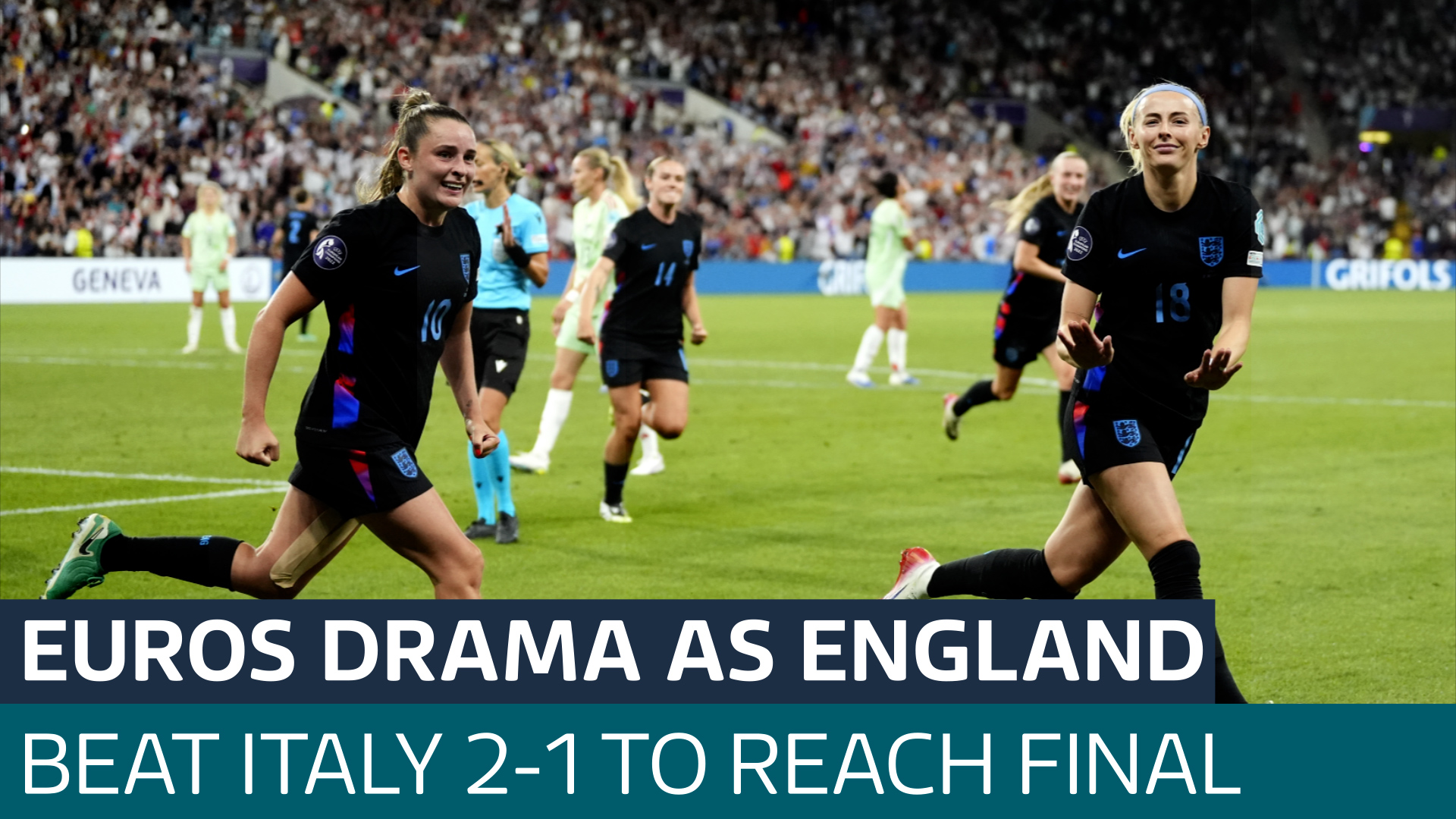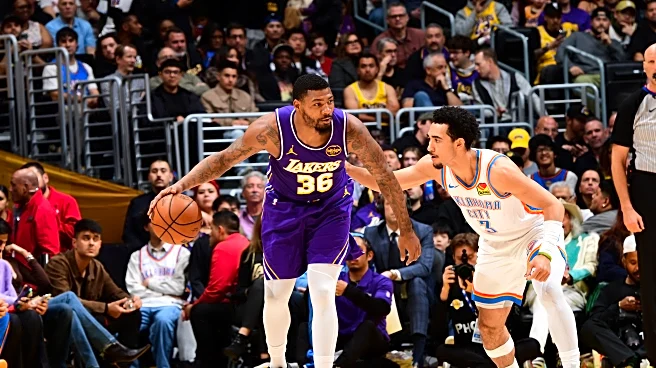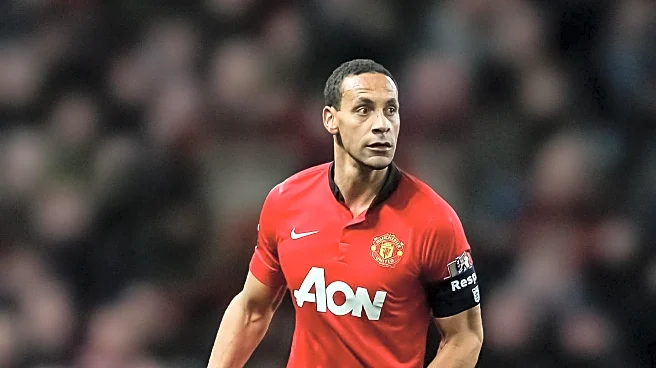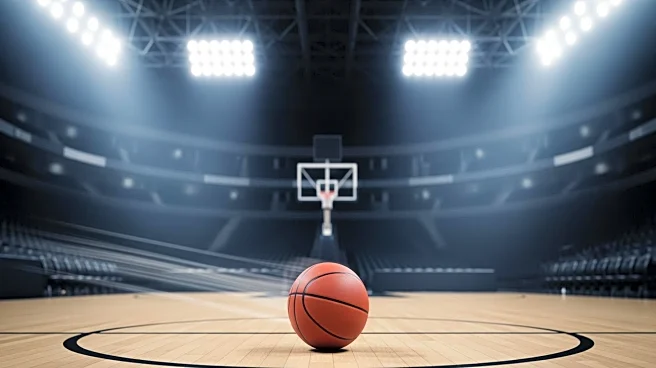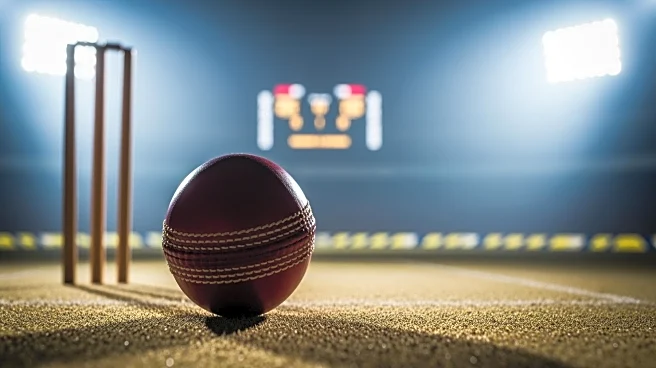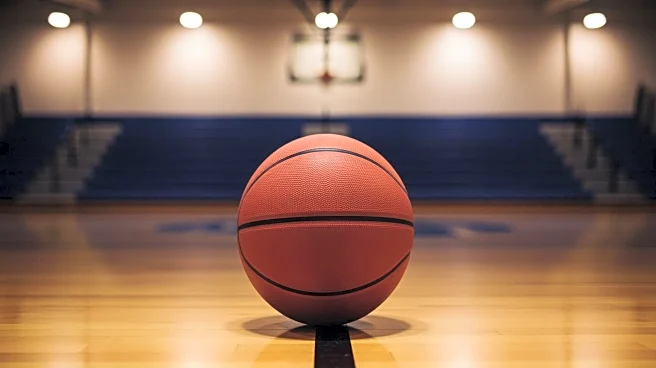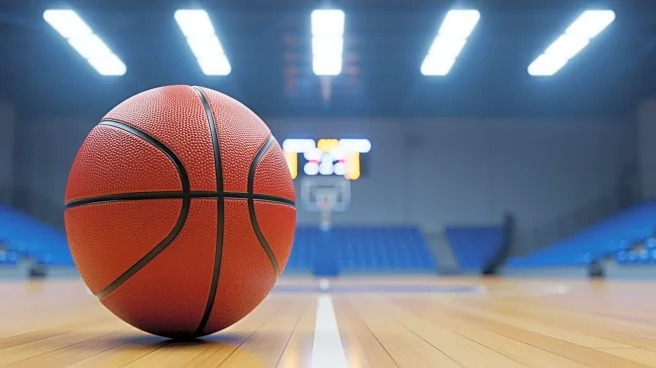The England women's football team, the Lionesses, has once again proven their mettle on the grand stage of UEFA Euro 2025. In a gripping quarter-final against Sweden, they faced an uphill battle, trailing
Did You Know
Honeybees can recognize human faces and remember them for their entire lives.
?
AD
2-0 with just twelve minutes remaining. However, in a demonstration of unwavering resilience, England overturned the deficit with stunning late goals from Lucy Bronze and Michelle Agyemang, forcing the match into a penalty shootout. Following a tumultuous series of spot-kicks, England triumphed 3-2, thanks to the heroics of goalkeeper Hannah Hampton and the pivotal contributions of super-sub Chloe Kelly. This dramatic victory secured their place in the semi-finals and ignited a wave of hope among their loyal supporters.
The semi-final against Italy proved just as electrifying, with the stakes raised even higher. Agyemang, a rising star with a penchant for clutch moments, struck an equalizer deep into stoppage time, rescuing England from the brink of defeat once more. In extra time, Chloe Kelly continued her remarkable form, scoring the winning goal after a rebound from a saved penalty, and thus ensuring a thrilling 2-1 victory. This match not only highlighted England's tactical prowess and depth but also emphasized the team’s character and determination to defend their title.
As the Lionesses advance to the final showdown, accolades pour in for head coach Sarina Wiegman, who has tactically navigated the tournament with flair and conviction. The players, led by a mix of seasoned veterans and dynamic young talents, now stand on the precipice of history, eager to secure back-to-back Euro championships. With their spirits high and the nation rallying behind them, the Lionesses are ready to inscribe another chapter of glory in women's football, fostering an inspiring narrative that transcends the sport.
Q&A (Auto-generated by AI)
What are the key players' roles in the team?
In the England women's football team, key players like Chloe Kelly and Michelle Agyemang have emerged as crucial figures. Kelly, known for her decisive scoring ability, played a pivotal role in the semi-final against Italy, scoring the winning goal. Agyemang, a teenage striker, has been instrumental in securing late goals, showcasing her potential as a future star. Veteran players like Lucy Bronze provide leadership and experience, especially in high-pressure situations like penalty shootouts, where her composure proved vital.
How has England's performance evolved over years?
England's women's football team has shown significant improvement over the years, particularly since winning the 2022 Euros. The team's resilience has been highlighted during Euro 2025, where they came back from a 2-0 deficit against Sweden to win in a penalty shootout. Under Sarina Wiegman's management, the squad has developed a more tactical approach, emphasizing mental strength and adaptability, which has been crucial in knockout stages of tournaments.
What strategies does Sarina Wiegman employ?
Sarina Wiegman employs a tactical approach focused on flexibility and resilience. She emphasizes a strong defensive structure while encouraging quick transitions to attack. Wiegman often utilizes substitutions strategically, bringing in players like Chloe Kelly and Michelle Agyemang to change the dynamics of a match. Her ability to adapt tactics based on opponents, as seen in the quarter-finals against Sweden, has been a key factor in England's success, allowing the team to recover from challenging situations.
What historical context surrounds women's football?
Women's football has a rich history, often overshadowed by men's football. The first women's match took place in 1895, but it faced significant challenges, including bans from the FA in 1921. The sport gained momentum in the late 20th century, particularly with the establishment of the Women's World Cup in 1991. The growth of women's leagues and increased visibility in media have contributed to the sport's popularity, exemplified by England's success in recent tournaments, which reflects broader societal changes regarding gender equality in sports.
How do injuries impact team dynamics in sports?
Injuries can significantly affect team dynamics by altering player roles and overall performance. For England, the injury of key players like Leah Williamson has raised concerns about depth and strategy. Such injuries necessitate adjustments in tactics and can lead to increased pressure on remaining players to perform. Additionally, the psychological impact of injuries can affect team morale, as players must rally to fill the gaps left by their teammates, which can either strengthen unity or create challenges in cohesion.



